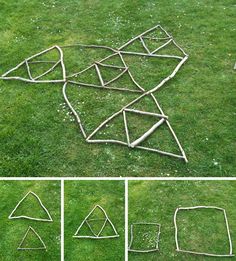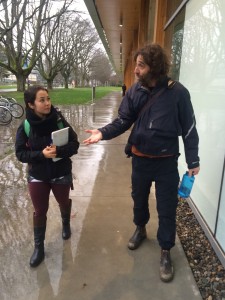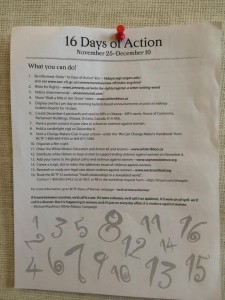 My partner and I just met with a UBC PhD student who is researching ways to make Math experiential, and avoid doing worksheets. He provided us with a number of example-lessons we can use to bring our students outdoors, and I’ll definitely be using them during practicum. I feel however, that I’ve changed direction once more, and my practical lesson plans will only be a portion of my final Inquiry product.
My partner and I just met with a UBC PhD student who is researching ways to make Math experiential, and avoid doing worksheets. He provided us with a number of example-lessons we can use to bring our students outdoors, and I’ll definitely be using them during practicum. I feel however, that I’ve changed direction once more, and my practical lesson plans will only be a portion of my final Inquiry product.
Part of my question asks, “how can we introduce Outdoor Education into the B.C. curriculum for grades 4-7”, and originally that meant practical lesson plans teachers could use. What I’d like to do instead is provide teachers with step-by-step instructions that will move them towards implementing those lessons more easily and effectively. For example, step one may include Google searching the nearest community park and doing a risk assessment on the route getting there.
I hope I can spark interest during our panel discussions next week!
Chris


